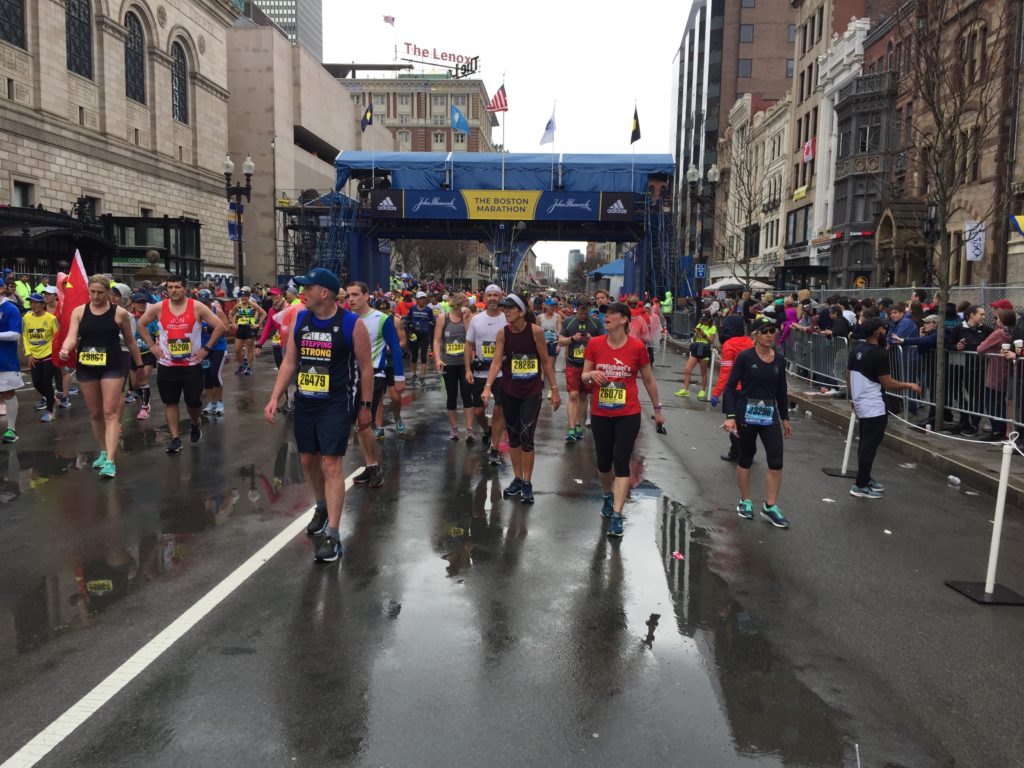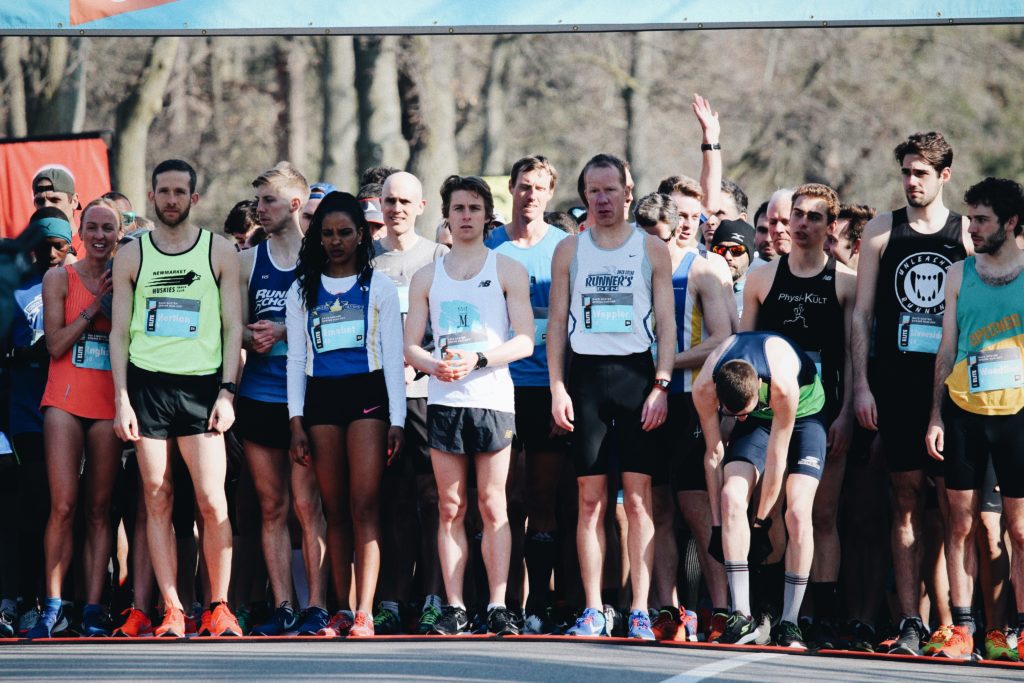5 ways to prevent GI issues
For all the energy and time you put into training, don’t let GI issues prevent you from reaching your race day goals

For months, you’ve sacrificed your time, gotten up early instead of sleeping in and trained through snowstorms, all in preparation for this one day. Although you may feel prepared to meet your goals, gastrointestinal (GI) issue such as nausea, upset stomach, diarrhea and bloating can completely sabotage performance. No runner should have GI issues undermine their hard work. Read on for 5 nutrition tips to overcome GI issues so that you can reach your race day goals.

Watch what you eat pre-run
Some foods are more likely than others to cause GI issues. While a salad with beans, nuts and avocado may sound like a healthy choice, pre-run this wouldn’t be so wise. This is due to the high fibre content, which can cause loose stools and gas, and the high fat content, which delays stomach emptying. Other common culprits to avoid pre-run include sugar alcohols (found in gum and sugar free candies), which act as a laxative, and caffeine, which speeds up movement through the gut.
RELATED: Healthy foods you shouldn’t eat before you run

Stay adequately hydrated
Becoming dehydrated during a race can also lead to GI issues, because dehydration reduces blood flow to the gut, negatively impacting digestion. This is one of the reasons that GI issues are more common at the end of a race. Fluid needs during a race are extremely variable for each athlete. Ensure that you enter the race well hydrated and with a hydration plan in place to prevent dehydration.

Watch the carbohydrate concentration
While taking in carbohydrates during endurance exercise improves performance, it can also contribute to GI issues if not taken properly. Too high a carbohydrate concentration causes water to be drawn into the gut, leading to GI issues, such as diarrhea. Take energy gels, which are a concentrated source of carbohydrates, with water. Also, avoid fluids with a carbohydrate concentration greater than 10%, such as juice, soft drinks and energy drinks.

Train your gut
Just like we train our muscles for race day, the gut must also be trained. By practising your race day fuelling plan in the months leading up to a race, gut transporters will be adapted to better absorb carbohydrates. This in turn prevents GI issues by improving carbohydrate absorption when taking in carbohydrates on race day.

Practise your race-day nutrition plan
Use each long run as practice for race day. Eat the same thing the night before your weekly long run that you plan to eat the day before the big race. Have the same breakfast the morning of your long run and practice fuelling during training runs with the same gels and fluids that you know will be available on the race course. Perfecting your race day routine will give you confidence on race day.

For all the energy and time you put into training, don’t let GI issues prevent you from reaching your race day goals. Ensure that your nutrition plan, just like your training plan, is setting you up for race day success.

